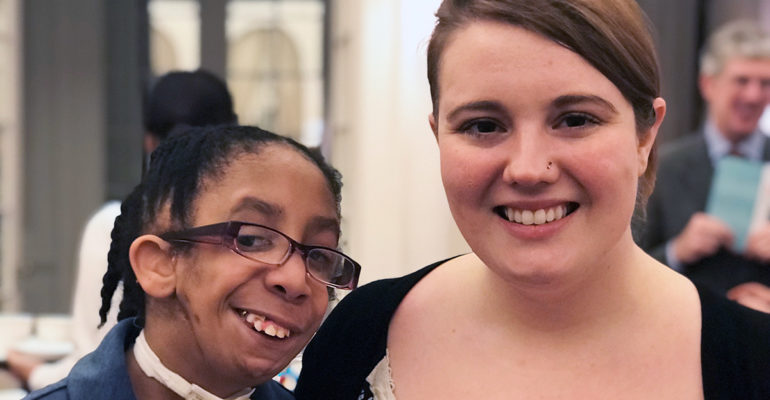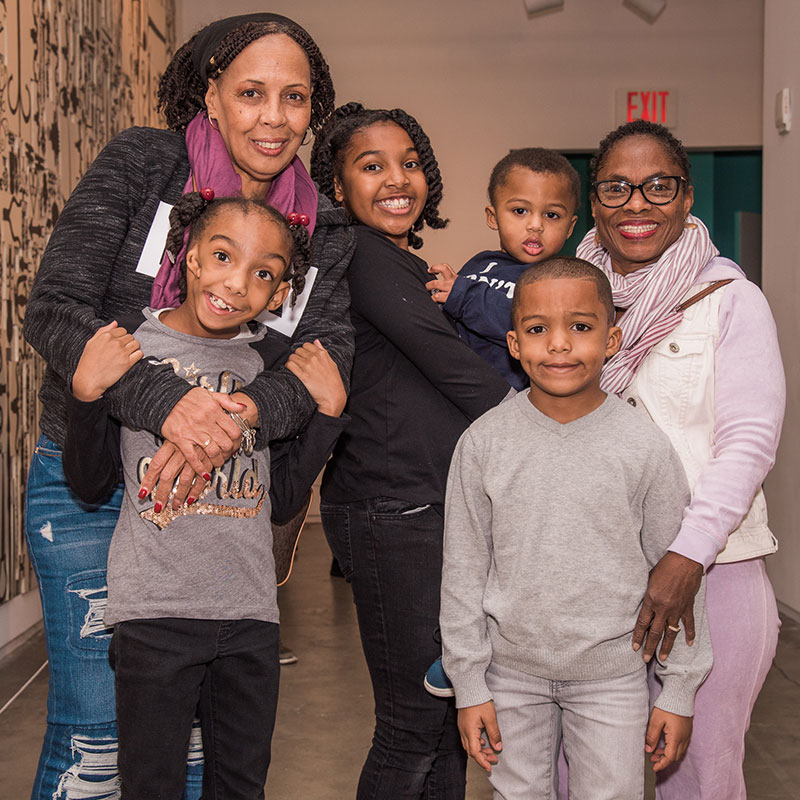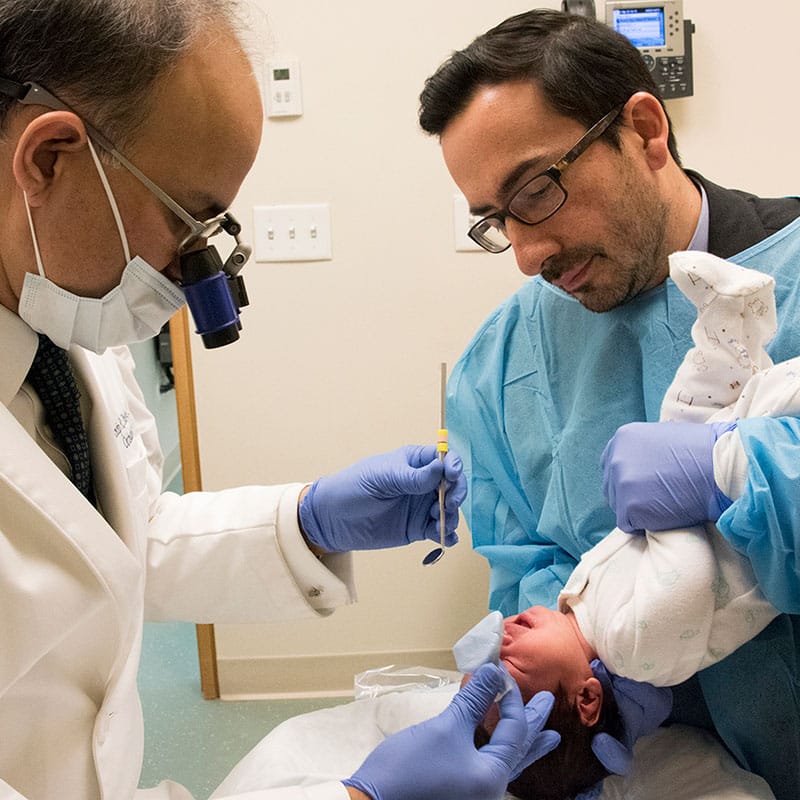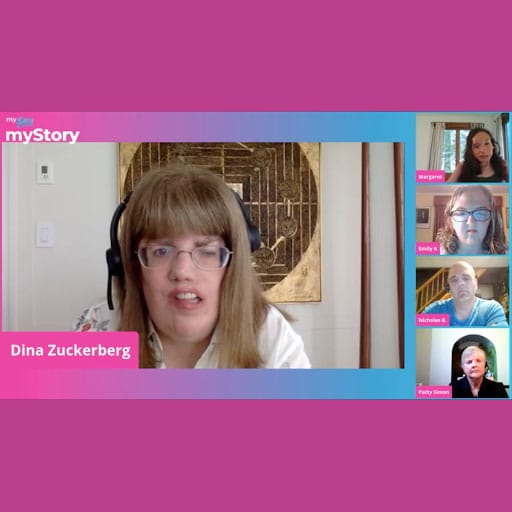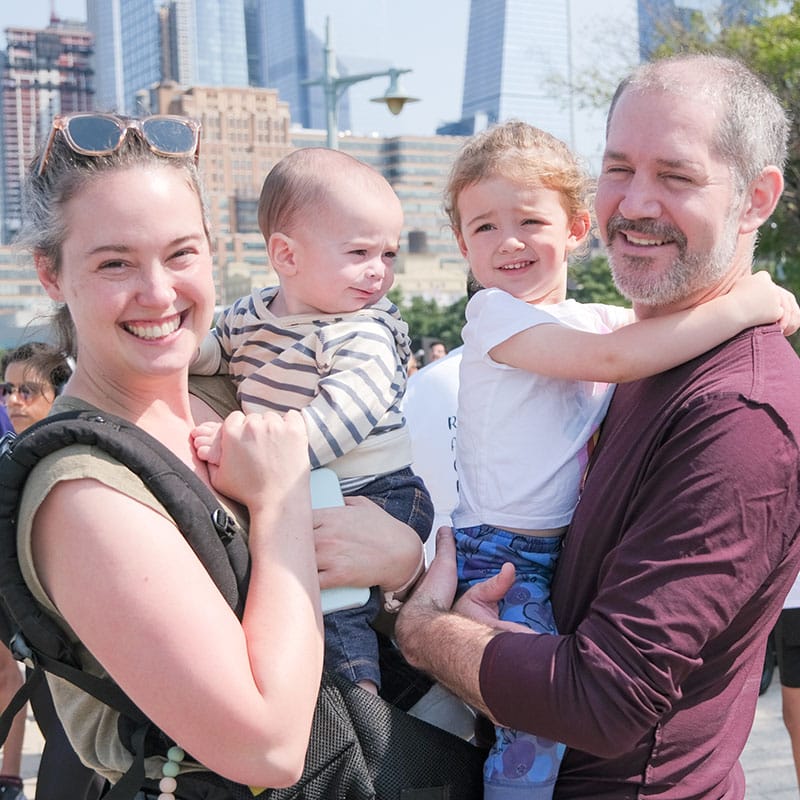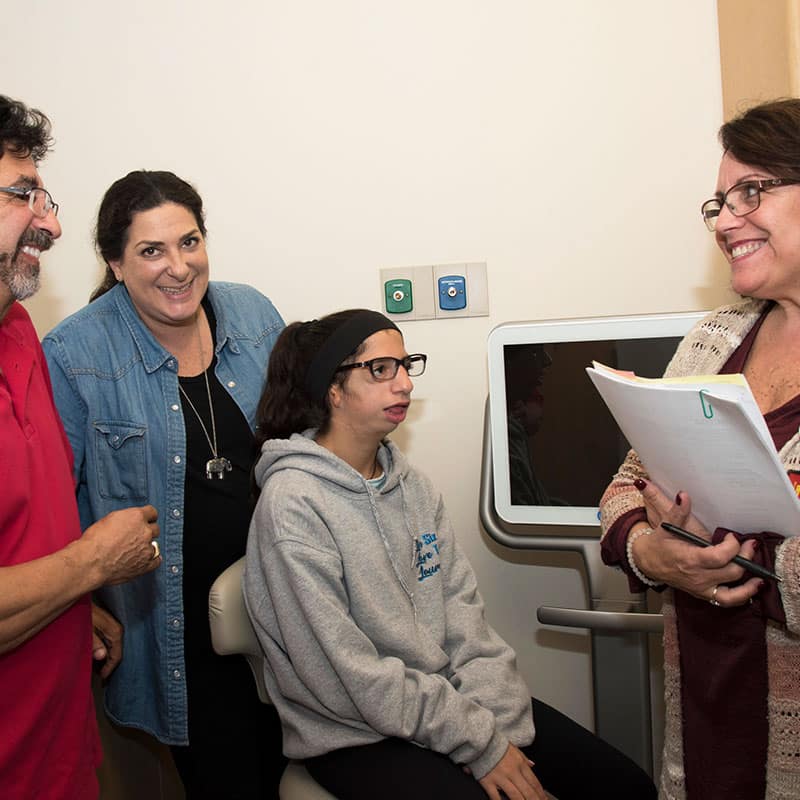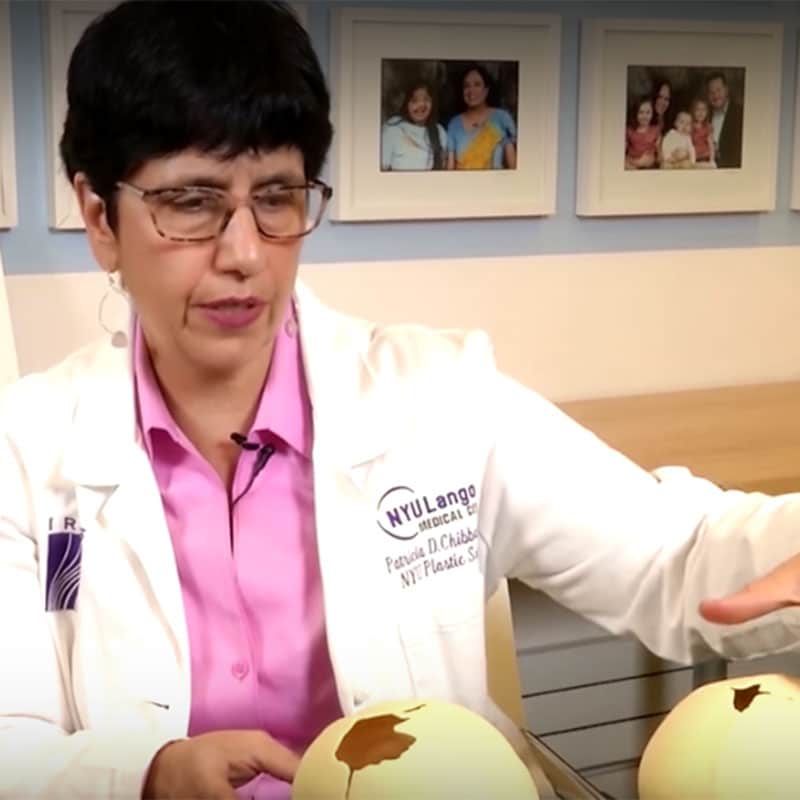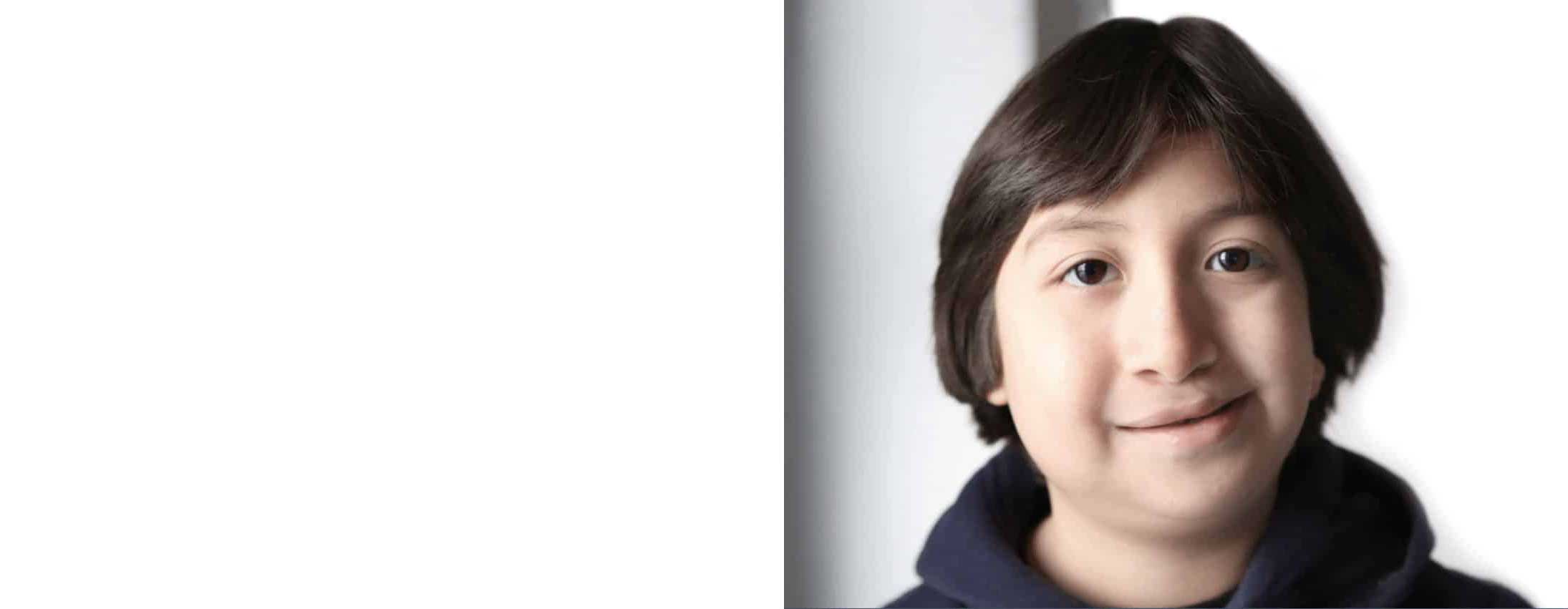When I first started working at myFace, one of the things I was most afraid of was hurting someone’s feelings. I had no experience with craniofacial difference prior to working here, and I know going in that I was going to be meeting new people, people who looked very different than I was used to. One thing I realized, was that I had no idea how to interact with people, although at the time I thought I did. Before myFace, I very heavily relied on not looking at people with difference; pretending I hadn’t noticed them at all, whether it was because of a disability or something else. I knew staring was rude, and so I was very determined not to stare.
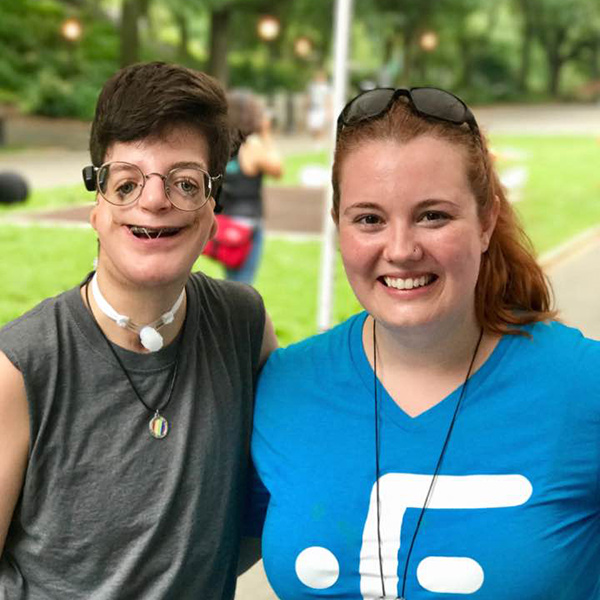
Jaimeson and myself and Races For Faces
It turns out that approach doesn’t work when you are working with people with facial difference every day, and very quickly I learned that it’s naive to think that you won’t notice difference. One thing I will now say is that we all have difference, and noticing those differences is healthy and okay. Not choosing a kind reaction is not.
Eventually, I was privileged enough to start accompanying Dina, our director of family programs, on schools visits. We have spoken to and continue to speak to children and young adults from kindergarten all the way through high school. One concern was how to address a natural nervousness/fear that some children might experience as a result of seeing someone different than them. There have been laughs. There have been stares. There have even been tears. But children, while sometimes careless, are not naturally cruel. There is one thing we tell them repeatedly, and it has been well received at every single school we’ve been to.
“It is okay to notice someone who looks different. But you have the power to choose your words and choose a kind reaction to difference.”
We teach the kids to ask respectful questions, and use respectful words. Rather than staring, or laughing, or saying, “What’s wrong with you?” we speak about using questions like, “May I ask you about your face? May I ask why you’re different?” We explain that many of our patients are happy to share, while others would rather not, and would rather get to know someone first. When we say this, there seems to be a feeling of relief from both the kids – and the adults – in the audience. Questions are okay. Noticing difference is okay.
But how do you react when there is no time for a conversation?
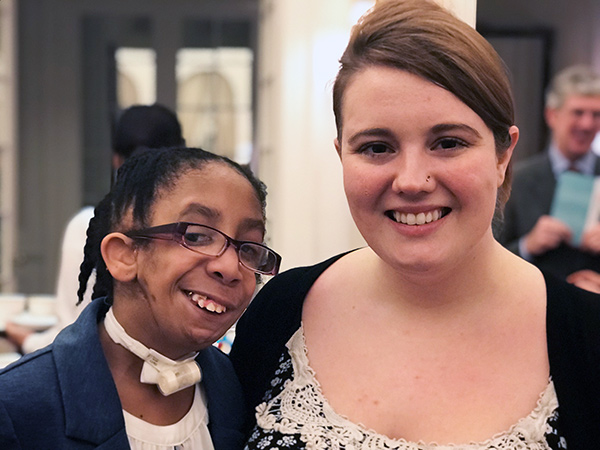
Anibel and myself and the 2018 Panel Luncheon
I recently read this article in the LA Times, and I found it exactly summed up what I feel I’ve learned in my time at myFace.
Staring isn’t staring if you smile and say hi. What a beautiful thought.
A parent once asked me after a presentation, “What is a kind reaction if you see someone who looks different, but it’s not in the playground, or at school? What if you’re never going to see that person again but you get caught staring?”
I thought for a moment – because while we focus a lot on interacting with people with difference, we do often focus on long-term interaction. School, playgrounds, and so on. What if you react to someone different on the street? On the subway? At a stoplight? How to you choose kind if your interaction is only going to be fleeting?
I would say most of all, don’t ignore the person. Don’t look away. Don’t deliberately pretend they aren’t there. That erases a basic element of human interaction that we all crave.
If you have time, say hello. Smile. And here’s something I truly think would make a difference – if you get caught staring, smile, and say, “I’m sorry for staring.”
That’s it. That’s the beginning of choosing kindness. Smiling.

